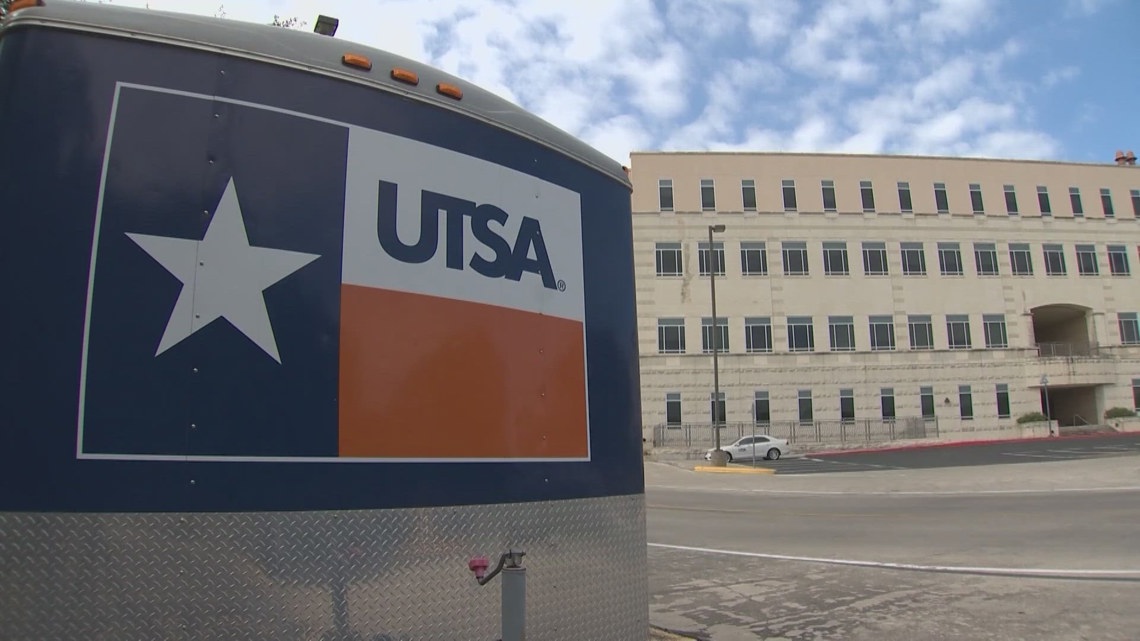
Texas seeks data from public universities to ensure undocumented students pay out-of-state tuition.
SAN ANTONIO — The fate of undocumented students is on shaky ground with the latest request from the state made to public universities.
A Jun. 18 letter from the Texas Higher Education Board to Presidents of Institutions of Higher Education requests information on the number of students who are “not lawfully present” who attend the universities.
The board wants this information to ensure those students who are in the U.S. “unlawfully” pay out-of-state tuition instead of in-state, which many currently qualify for.
In San Antonio, this would affect Alamo Colleges, the University of Texas at San Antonio and Texas A&M San Antonio.
KENS 5 received statements from Texas A&M University-San Antonio and Alamo Colleges:
University of Texas San Antonio
To comply with a federal court injunction and the Texas Education Code, students attending UT institutions who do not provide documentation to demonstrate that they are lawfully present in Texas will be charged nonresident tuition beginning in the 2025 fall semester.
Texas A&M University San Antonio:
We are coordinating with A&M System attorneys and key state officials to develop an appropriate plan to implement the requirements of the order. We are also monitoring related litigation. We await A&M System guidance on an implementation plan as soon as possible.
There is not someone who has more details to share beyond our statement, as this is developing, likewise for any litigation. At this point, we don’t track our undocumented students, so we do not have that data.
Alamo Colleges:
The Alamo Colleges District is reviewing and evaluating our policies and procedures to remain in alignment with recent changes made to federal and state laws. We remain committed to our mission of empowering our diverse communities for success, to include supporting all of our students while fulfilling our legal responsibilities. A communication will be sent to students, which will include avenues available to them to continue their education journey if they are impacted by any of the recent changes in law.
UTSA has yet to respond to a request for comment or an interview.
After reaching out to multiple organizations that advocate for dreamers and those who are undocumented, along with the student government within the universities, KENS 5 was able to speak with a higher education attorney.
Legal perspective
Identifying undocumented students at public universities is the request made by the Texas Higher Education Board to all public universities.
Keith Altman at K Altman Law – who fights for student and education rights said he doesn’t think they have the right to distribute this information.
He said universities could face problems as they work out how to comply with the latest demands from the Texas Higher Education Coordinating Board.
Reports say right now, students don’t have to provide proof of citizenship or disclose their Social Security number to apply for college.
Altman said the federal law – Family Educational Rights and Privacy Act – also known as FERPA — could be undocumented students’ biggest protection.
“FERPA protects all students.” Altman said. “I don’t think it matters if you’re documented…undocumented, if you are a student here, your records are protected.”
Altman said students’ residency status is separate from their eligibility for in-state tuition.
“If they’re in the state and they pay state income tax – that is the basis for driving in-state tuition.”
“Their immigration status is a different battle for a different day – I don’t think that involving the universities is a vehicle to try to get that information to take action.”
